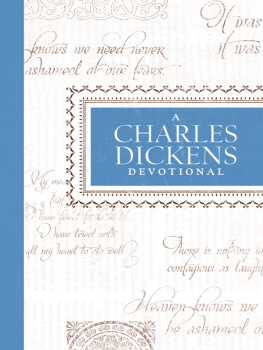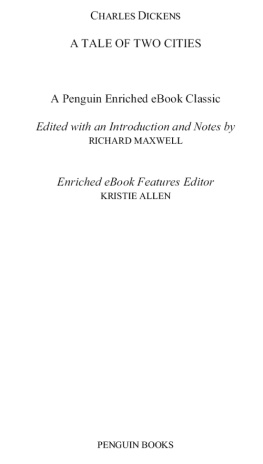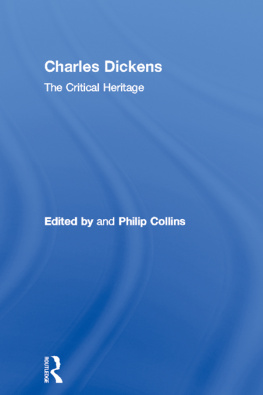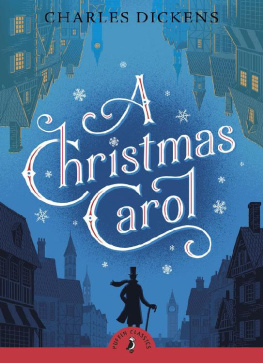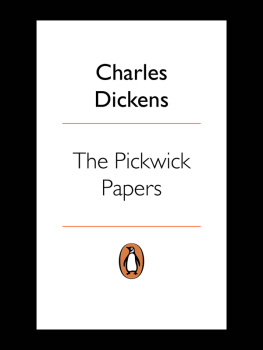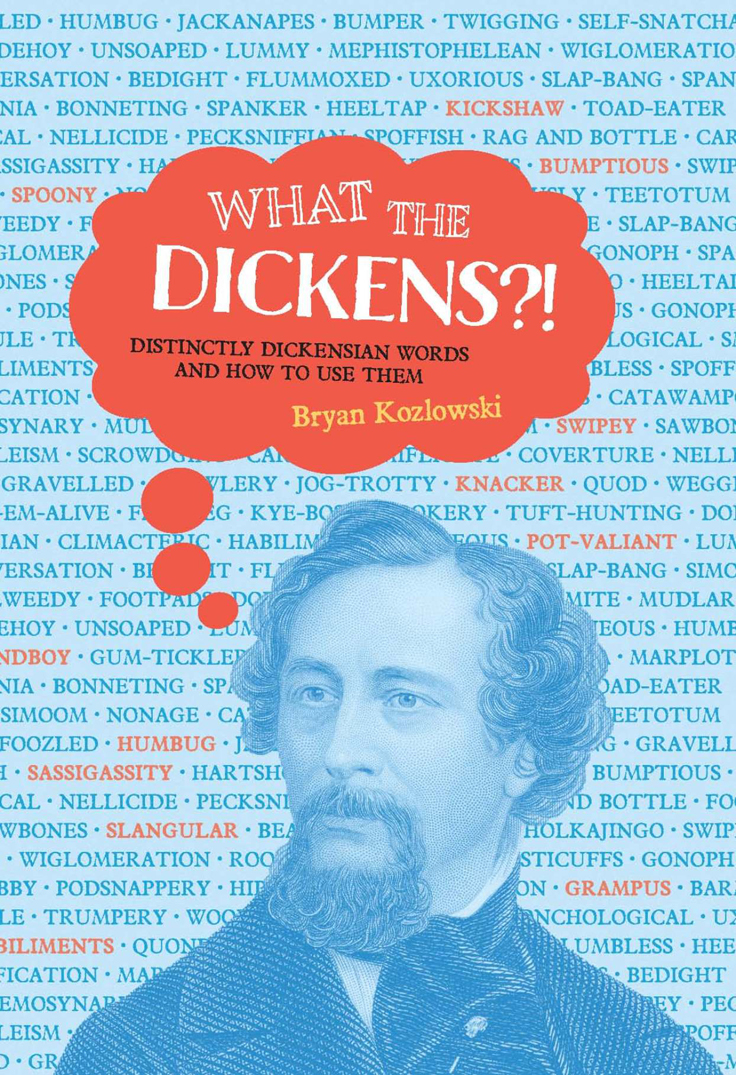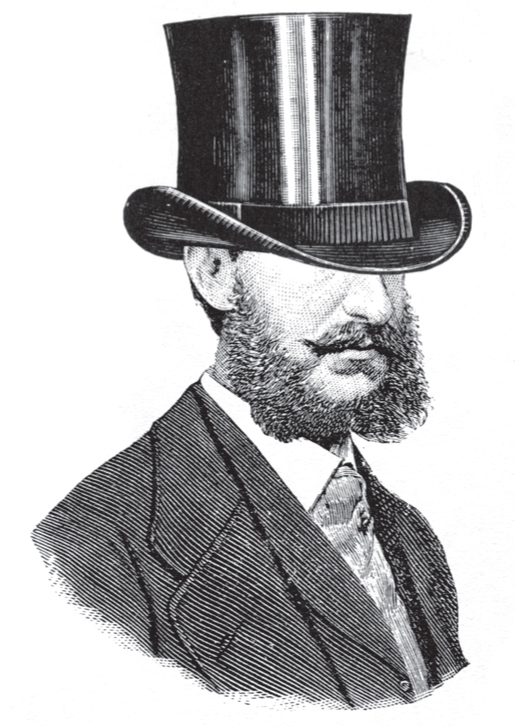

2016 by Bryan Kozlowski
Published by Running Press,
An Imprint of Perseus Books, a Division of PBG Publishing, LLC,
A Subsidiary of Hachette Book Group, Inc.
All rights reserved under the Pan-American and International Copyright Conventions
This book may not be reproduced in whole or in part, in any form or by any means, electronic or mechanical, including photocopying, recording, or by any information storage and retrieval system now known or hereafter invented, without written permission from the publisher.
Books published by Running Press are available at special discounts for bulk purchases in the United States by corporations, institutions, and other organizations. For more information, please contact the Special Markets Department at the Perseus Books Group, 2300 Chestnut Street, Suite 200, Philadelphia, PA 19103, or call (800) 810-4145, ext. 5000, or e-mail .
Library of Congress Control Number: 2016944190
E-book ISBN 978-0-7624-6112-7
9 8 7 6 5 4 3 2 1
Digit on the right indicates the number of this printing
Designed by Jason Kayser
Edited by Zachary Leibman
Typography: Darnalis, Helsing, and Stemple Schneidler
Running Press Book Publishers
2300 Chestnut Street
Philadelphia, PA 19103-4371
Visit us on the web!
www.runningpress.com
E3-20170327-JV-PC
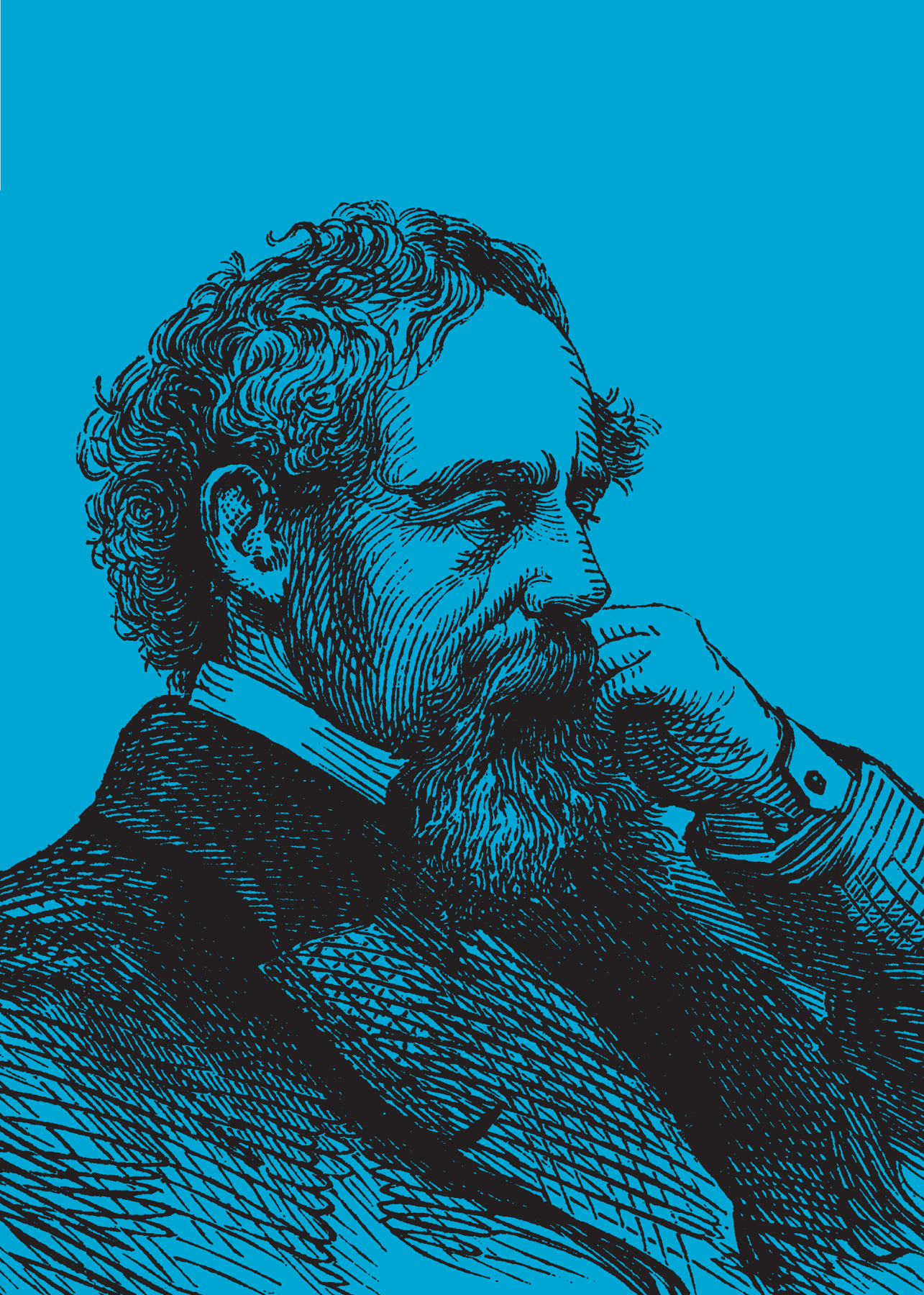
What words can paint tremendous truths like these!
Charles Dickens
Every language has its limits. Just ask Pip in Great Expectations. When Estella humiliates the heart out of him, he cant seem to find a word to fit his feelings. Is he humiliated, hurt, spurned, offended, angry, sorry? One simple word would surely help to make sense of it all. But try as he might, Pip cannot hit upon the right name to describe the pain, and tears start puddling in his eyes. It was a frustration that his creator, Charles Dickens, knew all too well.
For almost four decades, Dickens grappled with Pips predicament on a daily basis: searching for the perfect words in a language that seemed far too small for life itself. And life was exactly what Dickens was striving to capture. From homely fireside gatherings to late-night strolls through London, Dickens only dwelt upon... familiar things, knowing full well that familiar things are always the hardest to describe. That Dickens described them better than anyone else, however, is obvious through his extraordinary legacy. For most people, the Victorian world is Dickensian. And it took a tremendous amount of words to practically brand an entire century. An estimated four million words, in fact, shape the world of Dickens novels, to say nothing of his equally enormous output of short stories, articles, plays, speeches, and personal letters. No wonder his autobiographical hero, David Copperfield, admits, I wallow in words.
Dickens wallowed in words like no other. Academically unorthodox, he mastered English by manipulating it: stretching its conventions and rules of grammar whenever needed, and rifling through the world of slangs and colloquialisms when conventional English failed him. When slang itself failed to capture life, Dickens invented new words and phrases with such astonishing dexterity, it seemed as if they had always existed (with most, of course, going on to be embraced by conventional English itself). In short, to read and listen to Dickens stories in the nineteenth century was to experience some of the most cutting-edge language of the times. It was a language of familiar things, but it seemed entirely new.
Two centuries later, Dickens language has come full circle. It is now old enough to be new again, to be as fresh and charming (and often as confusing) to the modern reader as it was for the average Victorian. Albeit slightly more confusing today, Dickens words continue to do what all languages do best, becoming timeless snapshots of the culture, people, history, and customs of their world. And what these words reveal about Dickens literary landscapehis foggy streets, his sooty London, his warmhearted heroes, and icy villainsare stories within stories themselves.
As such, it seems only fitting to approach Dickens words as Dickens approached his world, not as a dictionary, but as a linguistic tour through the light and dark corners of the Dickensian experience: through merriment and hardships, poverty and wealth, ignorance and understanding.
In the end, we cant promise to make you another Mr. Micawber with his superfluous establishment of words, but we can promise not to wallow in them. Dickens got that out of the way for us and it is now our pleasure to simply delight in the quirky effusions of his remarkable pen. In essence, let us take our cue from the logophilic literary ladies in Martin Chuzzlewit, who splashed up words in all directions, and floundered about famously.
Table of Contents
Guide
Contents
[BON-uh-ting] Any cap-related jest, usually involving knocking a mans hat off, or pulling it down over his eyes, a favorite antic of Victorian troublemakers.

What! exclaimed the Ghost... Is it not enough that you are one of those whose passions made this cap, and force me through whole trains of years to wear it low upon my brow! Scrooge reverently disclaimed all intention to offend or any knowledge of having wilfully bonneted the Spirit at any period of his life.
A CHRISTMAS CAROL
No wonder Scrooge is quick to disavow any act of bonneting. Not only did it squash a perfectly good hat, it also squashed whatever the man happened to be keeping up there. Hats, after all, were portable storage places for nineteenth-century men. Some were quite roomy for the purpose, with top hats reaching up to fourteen inches high in the early eighteen hundreds. Naturally, many Dickensian characters make good use of the space, keeping everything from hot rolls and ham to a whole junk drawer of crumpled documents in their caps. David Copperfield, however, has the most gallant idea of the bunch, namely, buying a bouquet for Dora and placing it in my hat, to keep it fresh.
[BUHM-per] A glass filled to the brim.

Mr. Tupple requests that every gentleman will do him the favour of filling his glass, for he has a toast to propose... He begs them to drain a bumper to The Ladies, and a happy new year to them!
SKETCHES BY BOZ
Oh dear, Mr. Tupple would probably consider our definition of a bumper a bit too skimpy for the occasion. And hed be right. According to the unwritten rules of Victorian drinking habits, a bumper wasnt a proper bumper until your glass was filled just slightly



